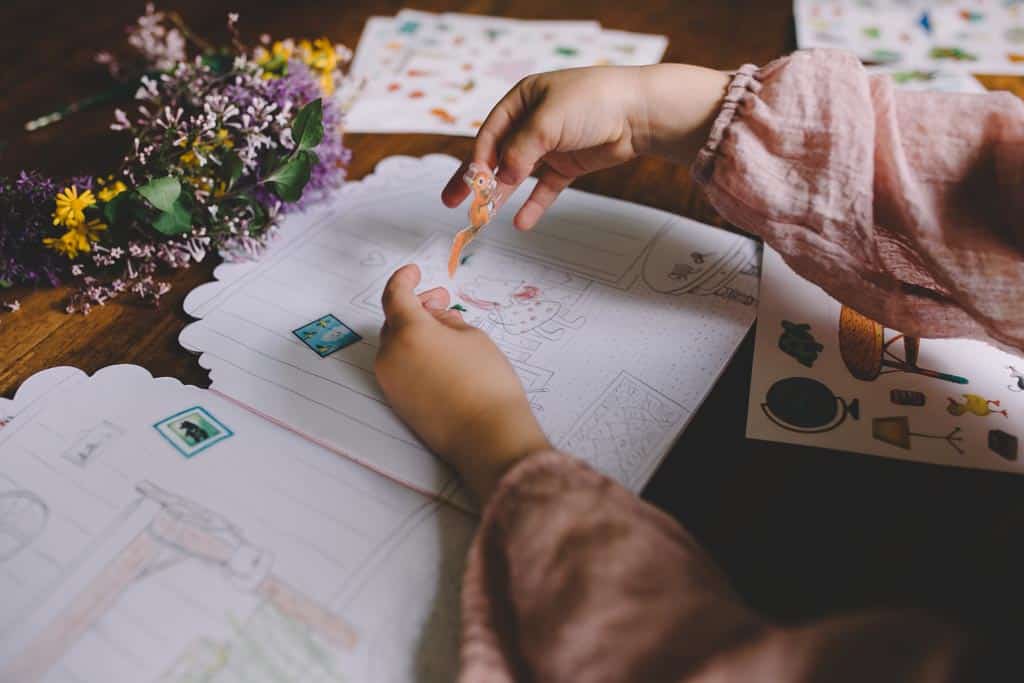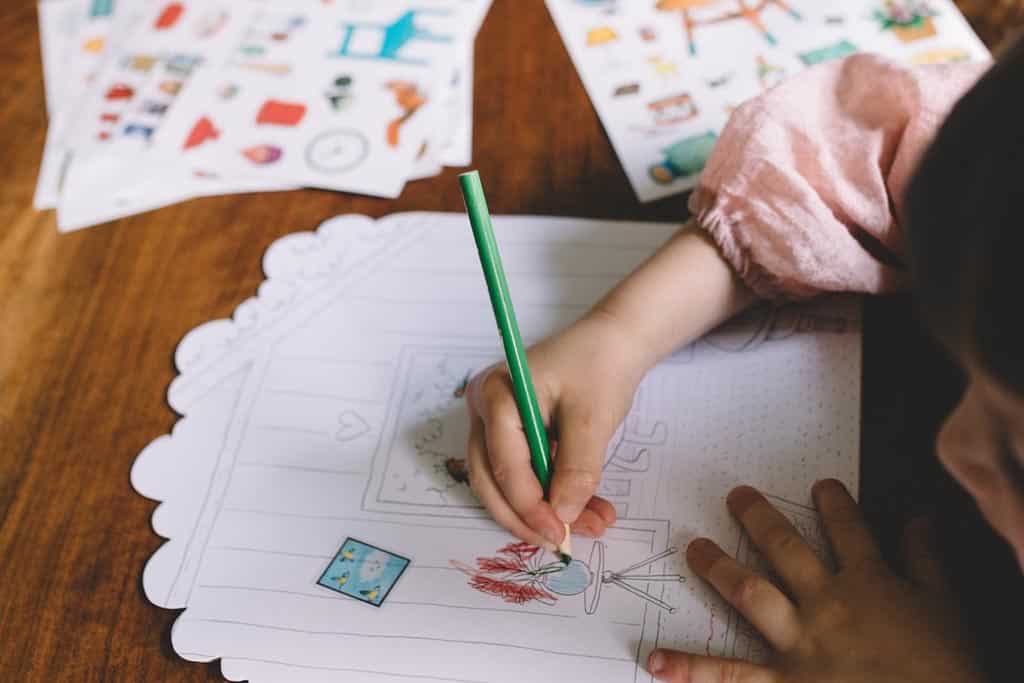Do you think children should have a childhood? Of course you do. Who wouldn’t? Here in the west we take it for granted that a child’s first few years are sacred, a place for play and discovery, before the pressures of work and responsibility are felt.
We are horrified by stories of child labour in third-world sweatshops and of children in past times forced to work in mines or other dangerous places.
We can agree what a childhood shouldn’t be.
But what should it be? What do we want for our children? How much play is enough and when should children be encouraged to ‘grow up’?
As parents and teachers, it’s easy to be seduced by the idea of Scandinavian forest schools, or the respectful, child-centred approach taken by Reggio Emilia pre-schools. But what is it that we value about them? Do we like them simply because they are not the system we currently have? What about the child who is ready to write? Who could spell their name at three? Who loves to draw pictures and colour in? Who notices letters and words in the environment, who is desperate to start reading, or who even teaches themselves to read. Might not this child be better served by going into a class at four, where she is offered the opportunity to build on her interests?
Then again, if she starts formal schooling at four, she’ll lose those precious early years when there is so much time for experimentation. That’s time that doesn’t come round again.
Every child is different. And when we decide as a society what’s best for our children, the choice is often a cultural one, based on our beliefs about childhood.
Much of the modern idea of childhood dates back to Rousseau’s Emile, the boy who is brought up in nature, allowed to explore his instincts and interests. It also developed in opposition to the strict instruction in Victorian schools and as a reaction to the horrors of child labour during the Industrial Revolution.
But this can be taken too far, as Philip Pullman says in this piece:
“I don’t want to thrust the facts of life on children of four or five. What I’m against in a quite visceral, loathing way, is the sentimental vision of childhood you get in books written in the so-called Golden Age of children’s literature. Peter Pan, who thinks it’s better always to stay a child… Children don’t want to be children—they want to be grown up. The games they play are about being adult.”
There are still societies today where the idea of formal schooling does not exist. Children are expected to join in, to some degree or another, with adult activities. This is not a childhood that we would recognise – or want for our own children, necessarily. But are these children unhappy? They are part of a community, making a contribution and secure of their place in the world. In many ways, they have advantages that other children don’t. The skills they learn are directly relevant to their lives, rather than some of the abstract concepts we teach in western schools.
Meanwhile, we continue to assess upon entry into school, expect four-year-olds to hold a pencil and begin the road to reading in nursery.
We spend a lot of time choosing the best school for our child without considering when or whether school should begin. This is not an argument for home-schooling. Simply that we often step onto the treadmill of life without thinking where it is taking us. Yes, we are moving, but are we heading towards a destination that we’ll be happy to reach?
What do you want for your child?
And, more importantly, what might they like for themselves?





